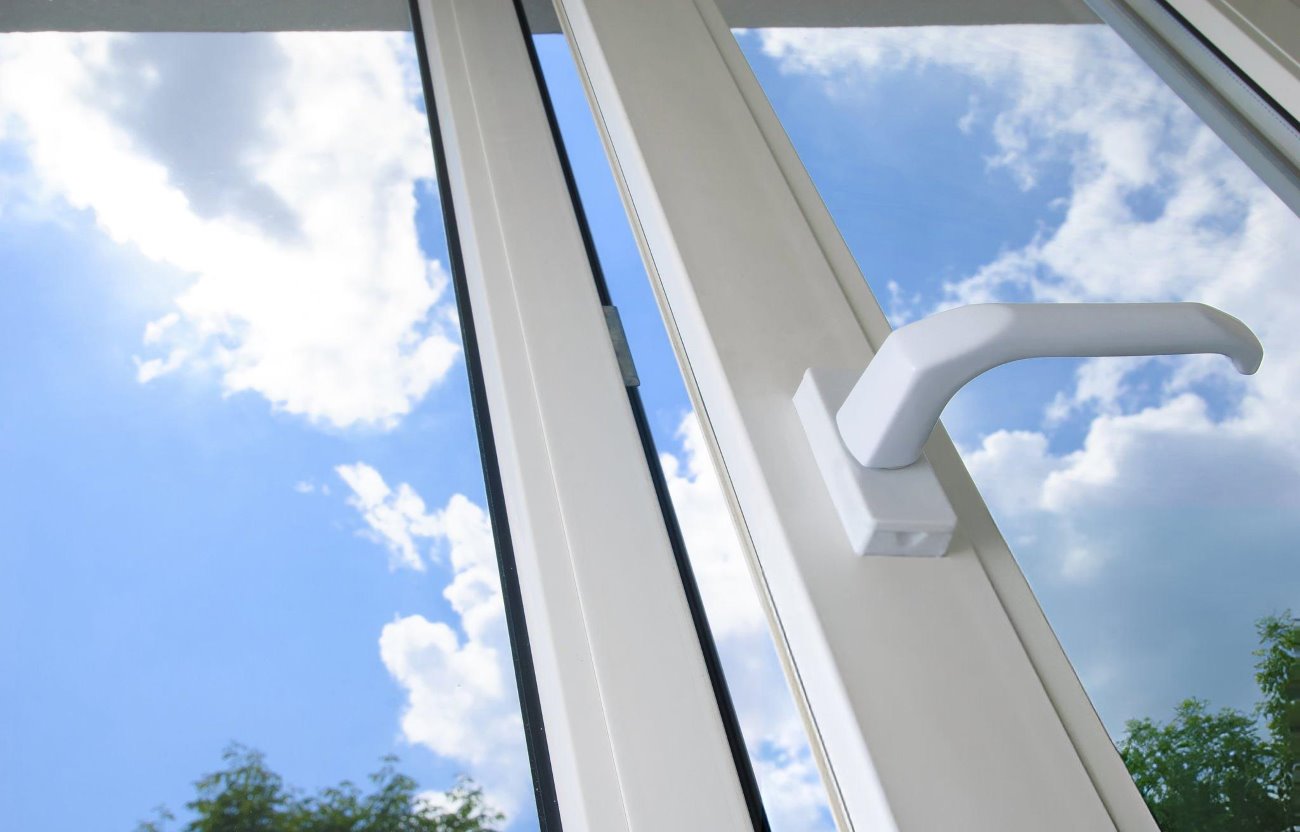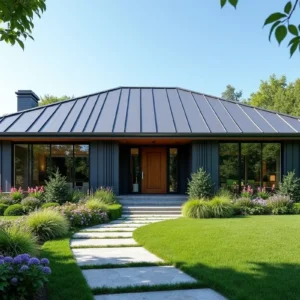Window replacement can be costly, but there are ways to save without sacrificing quality. Knowing tips for saving money on window replacement helps homeowners upgrade energy efficiency and aesthetics on a budget. With smart strategies, significant savings are possible on this home improvement project.
Contents
Compare Quotes from Multiple Window Companies
One of the most effective ways to save money on window replacement is to compare quotes from multiple window companies. This approach allows homeowners to find the best value for their investment and potentially uncover significant savings.
Get at least 3-5 estimates
To get a comprehensive view of the market, it’s recommended to obtain at least 3-5 estimates from different window replacement companies. This range of quotes gives homeowners a clear picture of the pricing landscape and helps identify any outliers. By evaluating multiple options, homeowners can make an informed decision based on both quality and cost.
Ask about current promotions and discounts
Many window companies offer promotions and discounts to attract customers. These can include seasonal sales, bulk purchase discounts, or special offers for specific window types. When requesting quotes, it’s important to inquire about any current promotions that might apply to the project.
Some companies may offer significant discounts, such as up to 20% off custom-installed windows or patio doors with a price match guarantee.
Negotiate prices with contractors
Once homeowners have collected multiple quotes, they can use this information to negotiate with contractors. Many companies are willing to adjust their prices to secure a project, especially if presented with competitive offers from other providers.
It’s important to be transparent about receiving multiple bids, as this can encourage contractors to offer their best price. Some companies even have a policy to match any competitor’s quote, which can lead to substantial savings.
Choose Cost-Effective Window Materials
Selecting the right window materials is crucial to save money on window replacement. Homeowners can choose from various options that balance cost, durability, and energy efficiency.
Vinyl windows – affordable and low-maintenance
Vinyl windows are a popular choice for those looking to save on initial costs. Made from polyvinyl chloride (PVC), these windows are inexpensive to produce and easy to install. They offer good value for money, with a lifespan of around 20 years when properly maintained. Vinyl windows are nearly maintenance-free, requiring only occasional cleaning with soap and water.
They stand up well to extreme temperatures and are resistant to moisture and temperature changes. While they may not offer the same level of customization as other materials, vinyl windows come in a variety of colors and styles to suit different home designs.
Fiberglass windows – durable and energy-efficient
For homeowners seeking a more durable option, fiberglass windows are worth considering. Although they cost 30% to 50% more than vinyl, fiberglass windows offer superior strength and longevity. They can last up to 50 years with minimal upkeep, making them a worthwhile investment in the long run.
Fiberglass windows are highly energy-efficient, helping to reduce heating and cooling costs. They also provide excellent insulation against noise. However, it’s important to note that fiberglass windows may take longer to obtain due to lower demand and may have limited color options.
Wood-clad windows – classic look with modern performance
Wood-clad windows blend traditional aesthetics with modern performance, featuring a wood interior and low-maintenance, weather-resistant exterior cladding. Typically made of aluminum, vinyl, or fiberglass, they offer a classic look with easier upkeep. While pricier than vinyl, they are a cost-effective option for those seeking wood’s warmth without high maintenance.
Consider the Timing of Your Window Replacement
The timing of a window replacement project can have a significant impact on costs. Homeowners can save money by strategically planning when to replace their windows. By considering factors such as seasonal demand and contractor availability, it’s possible to secure better deals and reduce overall expenses.
Off-season installation discounts
Winter is often considered an off-season for window replacements, making it an excellent opportunity for budget-conscious homeowners to save money. During the colder months, many window companies offer promotions and special deals due to reduced demand. Contractors typically have more flexible schedules during this time, allowing them to offer discounts to attract business.
While winter installations may present some challenges, the potential savings can be substantial. Homeowners can take advantage of these seasonal offers to reduce costs on their window replacement project.
Bulk ordering savings
For those looking to replace multiple windows, bulk ordering can lead to significant savings. Many window manufacturers offer discounted rates for larger orders, making it more cost-effective to replace all windows at once rather than a few at a time. This approach not only saves money on materials but also reduces installation costs.
By replacing all windows simultaneously, homeowners can avoid paying for multiple visits from installers or separate permits if required by local regulations.
Planning ahead to avoid rush fees
To save money on window replacement, it’s crucial to plan ahead. Waiting until windows fail before replacing them can lead to higher costs due to rush orders and limited options. By planning in advance, homeowners have more time to shop around for the best deals and compare quotes from different contractors.
This approach allows for a more relaxed timeline, reducing the likelihood of incurring rush fees or premium prices for urgent installations. Additionally, planning ahead provides the opportunity to schedule the project during off-peak times when contractors may offer more competitive rates.
Look for Energy-Efficient Window Options
To save money on window replacement, homeowners should consider energy-efficient options. These windows are designed to keep heated or cooled air inside the home, reducing the workload on HVAC systems and lowering utility bills. Energy-efficient windows also help maintain consistent indoor temperatures year-round, enhancing overall comfort.
ENERGY STAR certified windows
ENERGY STAR certified windows are independently tested and verified to meet strict energy efficiency guidelines set by the U.S. Environmental Protection Agency. These windows feature advanced technologies such as invisible glass coatings, vacuum-sealed spaces filled with inert gas, and improved framing materials.
By choosing ENERGY STAR certified windows, homeowners can save an average of up to 13 percent on heating and cooling costs nationwide compared to non-certified products.
Low-E glass coatings
Low-emissivity (Low-E) glass coatings are microscopically thin, transparent layers applied to window panes. These coatings reflect infrared and ultraviolet light without blocking visible light, helping to control heat transfer within the insulated glazing.
Windows with Low-E coatings can reduce energy loss by up to 30 to 50 percent, making them an excellent choice for those looking to save money on window replacement.
Double or triple-pane glass
Double-pane windows have two glass panes with an insulating air space, while triple-pane models add a third layer. Both improve insulation and energy efficiency over single-pane windows. Double-pane options cut heat loss by up to 50%, while triple-pane versions offer more energy savings and noise reduction.
Consider climate, budget, and performance needs when choosing between them to save money on window replacement.
Conclusion
Saving money on window replacement involves a combination of smart strategies and informed decision-making. By comparing quotes, choosing cost-effective materials, and timing the project wisely, homeowners can significantly reduce their expenses without compromising on quality.
Ultimately, the key to saving money on window replacement lies in thorough research and careful planning. By taking the time to explore different options, negotiate with contractors, and consider long-term benefits, homeowners can make choices that balance affordability with performance.
FAQ: Frequently Asked Questions
How to Reduce the Cost of Window Replacement?
To reduce window replacement costs, consider selecting mid-range materials like vinyl, which offer durability and energy efficiency without a high price tag. Purchasing windows during sales or off-season can also lead to discounts. Additionally, explore any available rebates, tax credits, or incentives for energy-efficient models.
How to Save Money on Window Installation?
To save on window installation, get multiple quotes from reputable contractors to compare prices and services. Opt for off-season installations, when contractors are less busy and may offer discounts. Also, consider bundling multiple window replacements to lower the per-unit installation cost.
How Much Should You Spend on Replacement Windows?
The cost of replacement windows varies based on material, style, and features. On average, you can expect to spend $300 to $1,200 per window, including installation. Set a budget considering your priorities, such as energy efficiency, durability, and aesthetic preferences.
How to Get a Good Price on Windows?
To get a good price on windows, compare quotes from different suppliers and look for seasonal promotions or bulk discounts. Research available incentives for energy-efficient models, like tax credits and rebates, to lower costs further.





